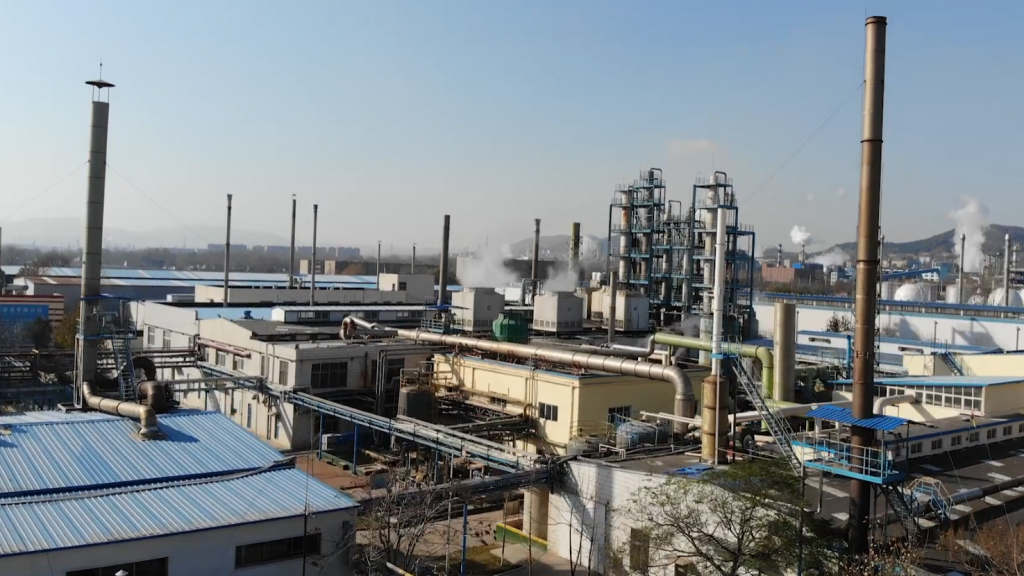Neo Performance eyes expansion of European rare earth processing plant

Neo Performance Materials Inc is eyeing an expansion of its rare earth processing facility in Estonia to sate rising demand from European automakers and policymakers seeking to make the continent’s electric vehicle industry less dependent on China.
Rare earths are a group of 17 minerals used to build weapons, electric vehicles (EVs) and electronics. China is the world’s largest producer and supplier of these minerals, prompting efforts across the European Union and the United States to produce their own.
In Europe especially, automakers ranging from Volkswagen AG to Tesla Inc have announced aggressive EV expansion plans. European officials expect the continent’s demand for specialized minerals to jump as much as tenfold by 2050.
“We see demand for rare earths increasing faster in Europe than anywhere else,” Constantine Karayannopoulos, Neo’s chief executive, said in an interview.
The United States has also tried to boost its own rare earths production, but it does not yet have its own processing facility
Neo recently signed a deal with Energy Fuels Inc for supply of rare earth concentrate. Energy Fuels will process monazite sands from a Chemours Co facility in the U.S. state of Georgia at its Utah plant, and then send the concentrate to Neo’s Estonia plant for processing into rare earths.
Neo expects its partnership with Energy Fuels to expand in time, giving it a fresh source of rare earth concentrate. Given that supply, and rising European automaker demand, Neo is considering doubling the annual capacity of its Estonia plant from its current 2,900 tonnes of rare earth oxides, Karayannopoulos said.
No final decision has been made, though any expansion would depend on whether demand eventually matches expectations, he said, adding that the company was also considering making magnets in Europe.
Australia’s Lynas Rare Earths Ltd, the only other significant rare earths producer outside of China, produced about 14,000 tonnes of rare earth oxides last year.
The United States has also tried to boost its own rare earths production, but it does not yet have its own processing facility. Energy Fuels may eventually build its own plant in Utah to process rare earths, though it would still plan to keep a supply relationship with Neo, an executive told Reuters.
Neo is a member of the European Raw Materials Alliance, a European Union initiative to boost Europe’s output of critical minerals and reduce dependence on China.
The alliance is coordinating investment and providing grants for European mines, processing plants and industries such as magnets. In 2020, the EU funded 10 billion euros ($12 billion) of investment into rare earth and other green-energy-related projects.
Expanding European rare earths production in Europe is critical for policymakers because so much of the continent’s economy is tied to the automotive market, Karayannopoulos said
“Our customers need us to be in Europe, and that’s what we’re expecting to grow,” he said.
Toronto-based Neo itself has past ties to China. One of Neo’s predecessor companies was originally owned by General Motors Co before being bought by Chinese investors in the 1990s. That company was subsequently sold to what became Neo in 2005.
Rival rare earths company MP Materials Corp, which owns California’s Mountain Pass mine, has a Chinese investor that has raised concerns from the U.S. government. The company ships rare earth concentrate from its mine to Chinese processors.
(By Ernest Scheyder; Editing by Jonathan Oatis)
{{ commodity.name }}
{{ post.title }}
{{ post.date }}




Comments